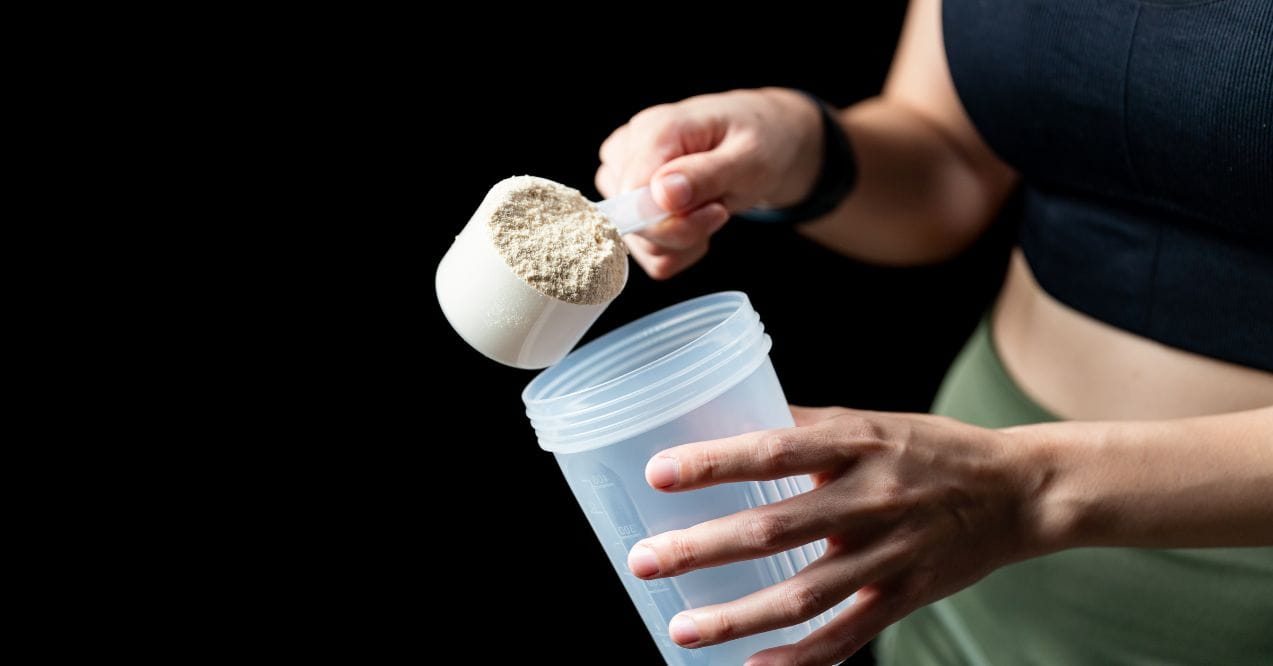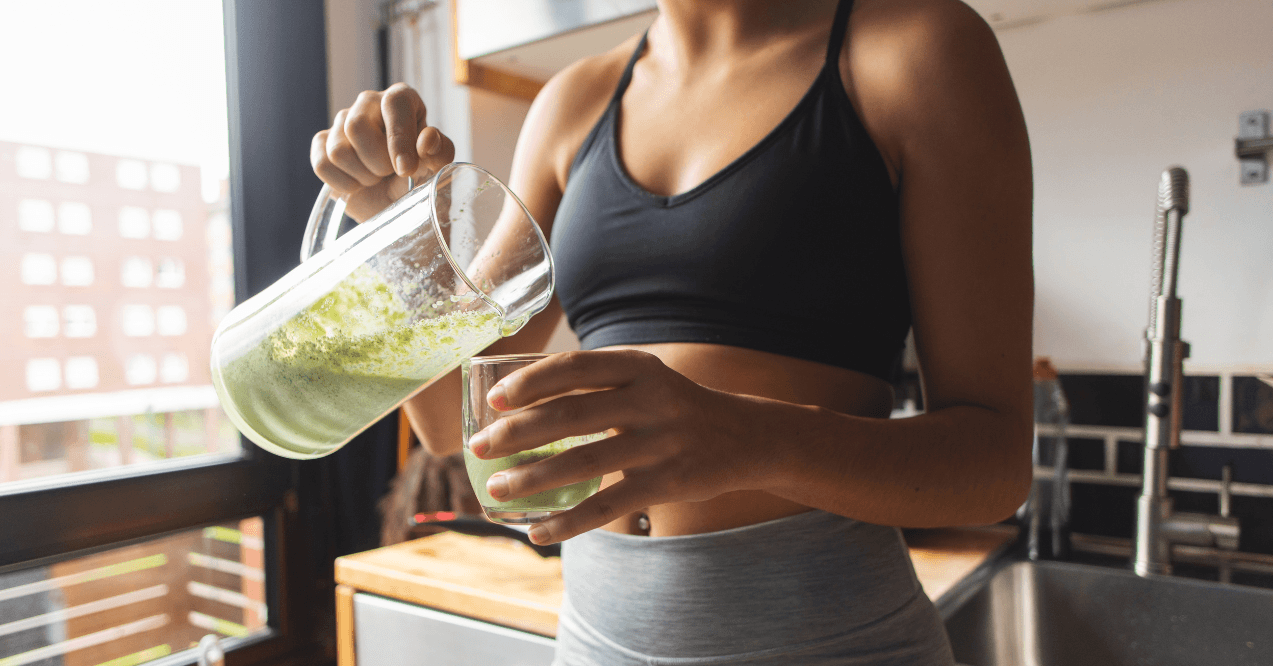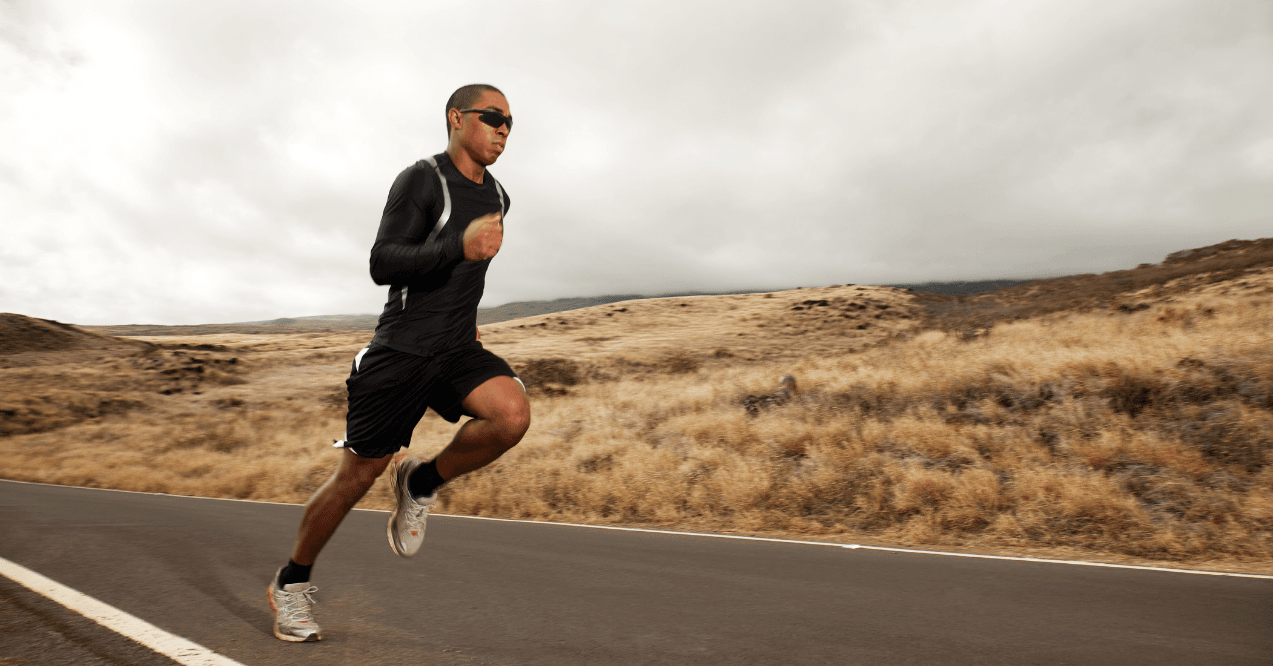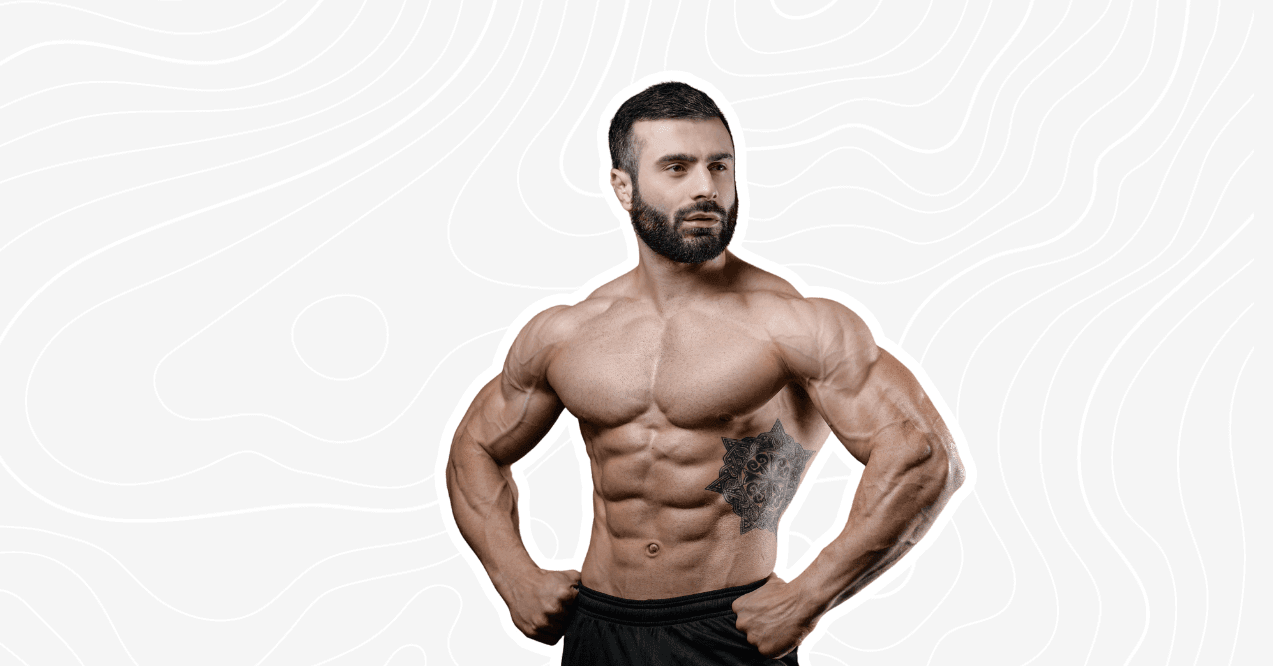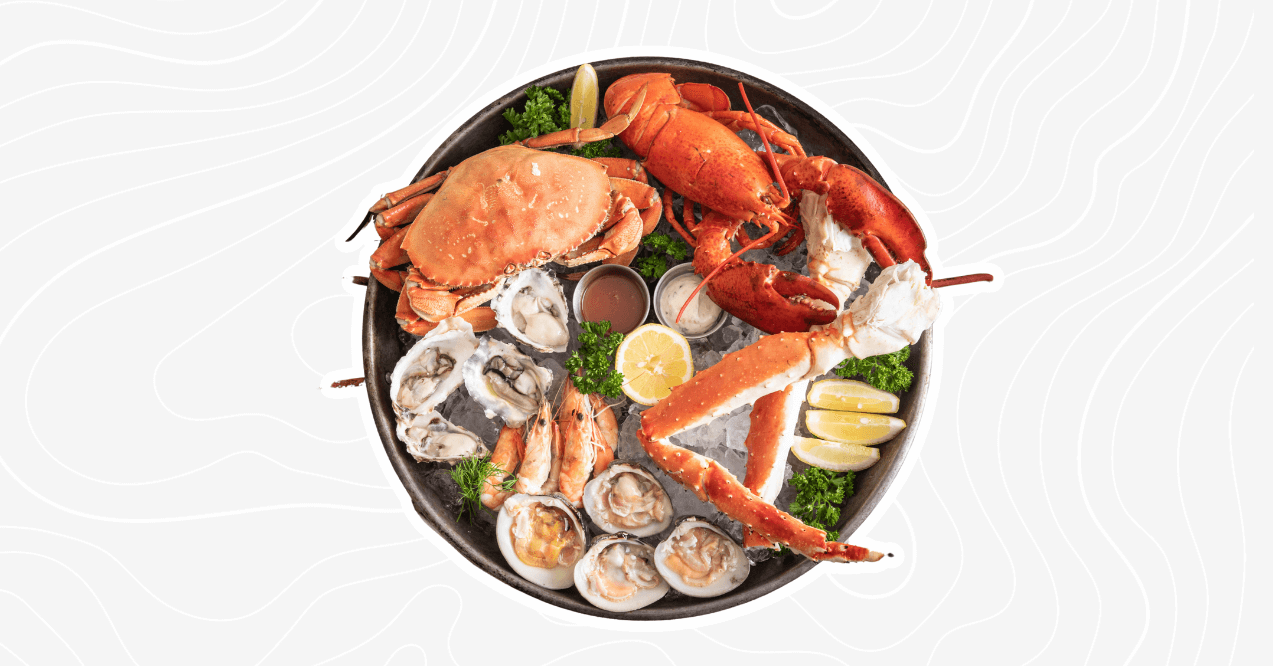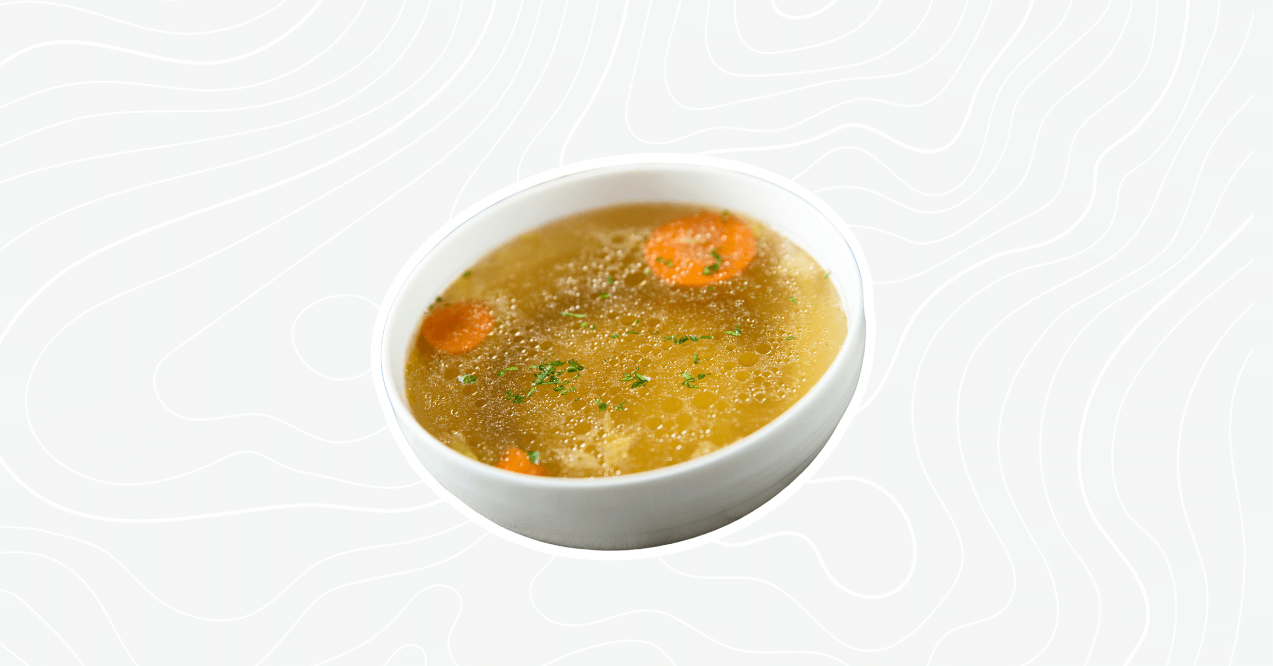What to Eat Before a HIIT Workout?
Many people wonder should i take pre workout before running? Or should it be coffee? What should I eat and what’s the optimal nutrition? Deciding what to eat before a HIIT workout is essential for anyone looking to maximize the effectiveness of their high-intensity interval training sessions. HIIT has cemented its place in the fitness world due to its unparalleled efficiency in burning calories, boosting metabolism, and significantly improving cardiovascular health within a comparatively short period. This form of exercise alternates between intense bursts of activity and fixed periods of less-intense activity or complete rest, challenging the body to adapt and improve endurance and strength rapidly.
Proper nutrition, including pre-workout supplements from your muscle gain stack, plays a crucial role in preparing your body for the rigors of HIIT, ensuring you have the energy and endurance to perform at your best. However, before reaching for those supplements, it’s important to consider, does pre workout expire? Expired pre-workout can lose its potency, potentially reducing its effectiveness during your sessions.
If you’re managing a fasting schedule, our intermittent fasting calculator can help plan your nutrition timing to support your workout without disrupting your fast. As we dive deeper into this topic, we’ll explore the importance of pre-workout nutrition and provide practical advice on fueling your body to enhance performance, recovery, and overall health outcomes from your HIIT workouts.
Key takeaways:

What is High-Intensity Interval Training (HIIT)?
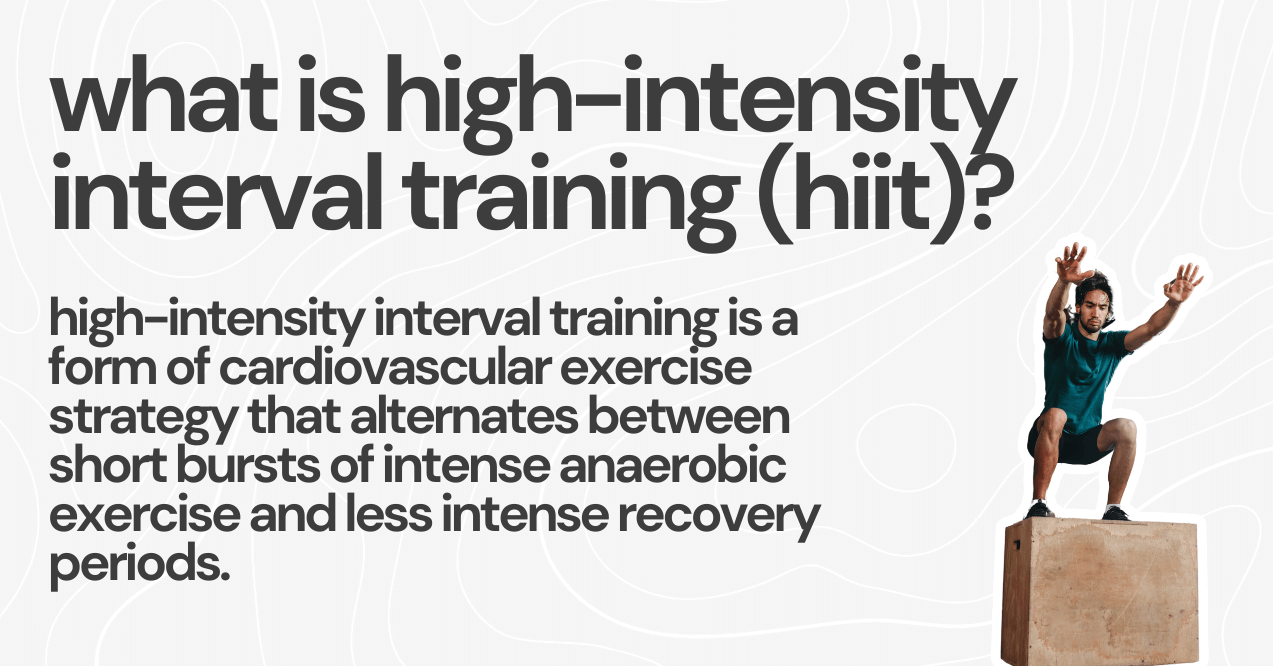
High-Intensity Interval Training (HIIT) is a form of cardiovascular exercise strategy that alternates between short bursts of intense anaerobic exercise and less intense recovery periods. Typically, a HIIT session can last from a mere few minutes to around 30 minutes, depending on the intensity of the workout and the fitness level of the individual.
The core concept of HIIT lies in its ability to push the body to its maximum effort through quick, intense bursts of exercise, followed by short, sometimes active, recovery periods. This method significantly enhances the workout’s efficiency, making HIIT an extremely time-effective way to exercise.
The benefits of HIIT extend beyond mere time efficiency. It has been shown to substantially increase metabolism for hours after the exercise, more so than jogging or stationary biking. This effect, often referred to as the ‘afterburn effect,’ helps in burning more calories over a shorter period.
Furthermore, HIIT improves endurance by enhancing the body’s ability to use oxygen and helps in building a stronger cardiovascular system. Its adaptability across different exercise forms – from sprinting to cycling to bodyweight exercises – makes it a versatile and highly effective workout choice for those looking to improve their fitness levels and overall health.
What to Eat Before a HIIT Workout? Pre-Workout Nutrition Essentials
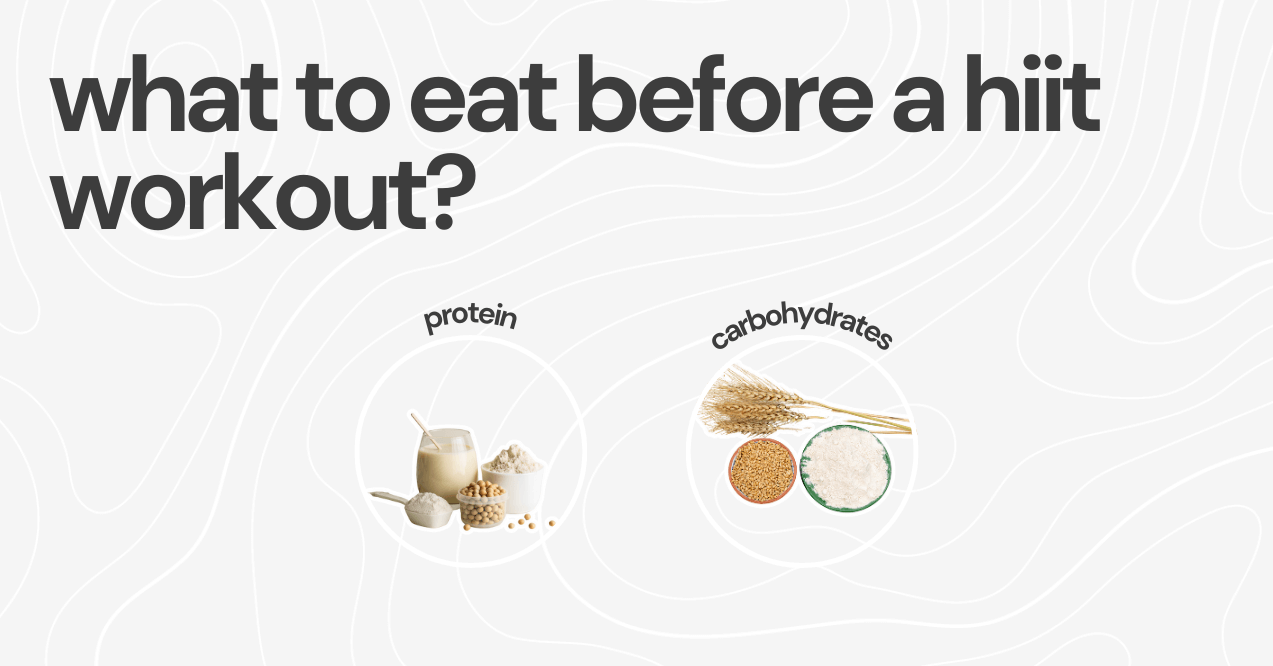
Understanding the essentials of pre-workout nutrition, especially when preparing for a HIIT session, is crucial for optimizing performance and recovery. A balanced meal rich in proteins and carbohydrates is fundamental to fuel your body for the rigorous demands of HIIT. This combination not only supports muscle endurance during the workout but also aids in recovery and muscle repair post-exercise, highlighting the importance of both HIIT nutrition and knowing what to eat after a HIIT workout.
1. Protein
Protein plays a pivotal role in muscle repair and recovery after intense exercise. Consuming adequate protein before a HIIT workout ensures your muscles have the necessary building blocks to repair the micro-tears that occur during high-intensity activities. This, in turn, aids in muscle growth and recovery. For those looking to maximize their workout results, incorporating high-quality protein sources into their pre-workout meal is essential. Some of the best protein sources include:
- Lean meats such as chicken breast or turkey
- Eggs, offering a complete profile of essential amino acids
- Plant-based options like tofu, tempeh, or legumes for those following a vegetarian or vegan diet
- Greek yogurt or cottage cheese for a quick and convenient source
2. Carbohydrates
Carbohydrates serve as the body’s primary source of energy, making them equally important in pre-workout nutrition. They fuel your HIIT workouts by providing the energy required for short, intense bursts of activity. To ensure a steady supply of energy throughout your workout, focus on complex carbohydrates that release energy gradually. This strategy helps in maintaining endurance and performance from start to finish. Recommended complex carbohydrates for sustained energy include:
- Whole grains such as oats, quinoa, and brown rice
- Fruits, particularly bananas, apples, and berries for a quick, natural energy boost
- Vegetables like sweet potatoes and beets, which are not only high in carbohydrates but also packed with essential nutrients
Balancing these macronutrients before your HIIT session can significantly enhance your performance and recovery, making your workout more effective and enjoyable.
When to Eat Before Your HIIT Routine?
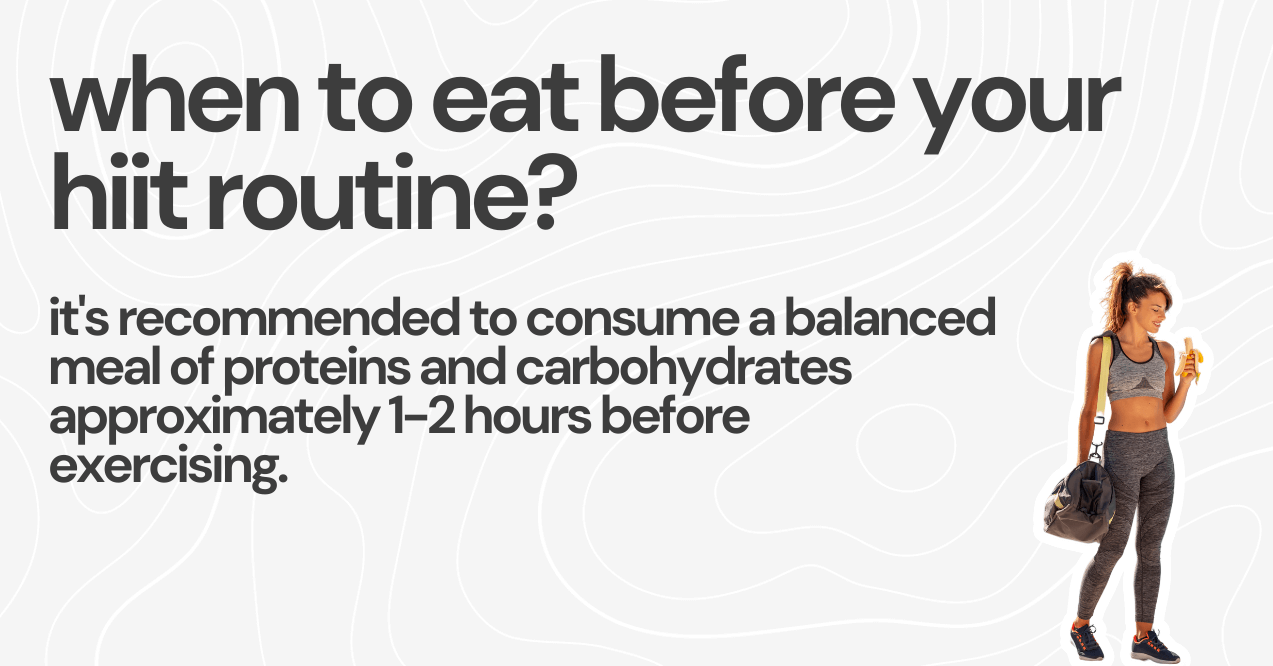
Timing your meal is as crucial as its content when preparing for a High-Intensity Interval Training session. To optimize your performance and ensure that your body has the necessary energy, it’s recommended to consume a balanced meal of proteins and carbohydrates approximately 1-2 hours before exercising. This window allows sufficient time for digestion and the gradual release of energy, ensuring you’re fueled and ready to tackle the demands of HIIT.
Understanding how long pre-workout nutrition last is also vital, as it directly influences your energy levels and performance. Incorporating these guidelines into your HIIT diet plan can significantly enhance your workout effectiveness and recovery.
Can You Do HIIT on an Empty Stomach?
The question of what to eat before a HIIT workout extends to whether it’s advisable to perform such intense exercises on an empty stomach. While some may find they can manage short, high-intensity sessions without eating, doing HIIT without prior nutrition can lead to decreased energy levels and increased muscle fatigue, potentially hindering performance and recovery.
It’s essential to listen to your body’s signals; if you feel low on energy, consider consuming a small snack, like a piece of fruit or a handful of nuts, to fuel your body before tackling the demands of a HIIT session. This approach ensures you’re not pushing your limits on an empty tank, promoting a more effective and sustainable workout routine.

Navigating the optimal pre-workout nutrition can be a puzzle, especially when preparing for the rigor of a HIIT session. Trumeta pre-workout can be a go-to ally for those days when you’re debating whether to hit the gym on an empty stomach. Designed with your high-energy needs in mind, trumeta pre-workout is crafted from ingredients that can complement your fitness journey, providing a supportive boost without overloading your system.
Ideal for those mornings when time is tight or your appetite is minimal, trumeta offers a balanced blend aimed at enhancing your workout experience. With a focus on quality ingredients, it’s a convenient option for anyone looking to energize their body in preparation for the physical demands of High-Intensity Interval Training (HIIT). Whether you’re a seasoned athlete or just embarking on your fitness journey, integrating trumeta into your pre-workout routine can help bridge the gap between nutrition and peak performance.
Remember, while trumeta pre-workout is here to support your energy levels, listening to your body remains paramount. If you prefer a light snack or believe in a more substantial meal before exercise, Trumeta can complement your choice, ensuring you step into your workout with confidence. Dive into your next HIIT session fueled by trumeta, and experience the difference of a well-supported workout.
What to Eat the Night Before?
Preparing for a HIIT workout starts the night before, with the emphasis on consuming a balanced dinner that primes your body for the next day’s exertions. This meal should be rich in lean proteins, healthy fats, and complex carbohydrates, creating an optimal blend for sustained energy levels and efficient muscle recovery.
Lean proteins such as fish or chicken support muscle repair, while healthy fats from avocados or nuts offer sustained energy. Complex carbohydrates, found in sweet potatoes or whole grains, ensure a steady supply of energy, helping you to maintain intensity and endurance throughout your workout. This strategic nutrition approach sets the foundation for a successful HIIT session, enhancing performance and recovery.
Key Takeaways
Deciding what to eat before a HIIT workout is fundamental to maximizing the efficiency and effectiveness of your high-intensity interval training. This article has outlined crucial nutritional strategies to optimize your performance and recovery. Here are the main points to remember:
- A combination of proteins and carbohydrates is essential to fuel your body and support muscle recovery.
- Eating your pre-workout meal 1-2 hours before your HIIT session ensures your body has enough time to digest and convert food into energy.
- A balanced dinner with lean proteins, healthy fats, and complex carbohydrates supports overnight muscle recovery and energy levels for the next day.
- Don’t forget the importance of post-workout meals in your HIIT diet plan to further enhance recovery and muscle growth.
These nutritional guidelines serve as a foundation to prepare your body for HIIT, supporting both your immediate workout performance and long-term fitness goals.
Prepare for a high-intensity workout by hydrating well, eating a balanced meal of proteins and carbohydrates 1-2 hours beforehand, ensuring adequate sleep the night before, and performing a dynamic warm-up to activate your muscles and prevent injury. This preparation optimizes performance and recovery.
It’s best to eat 1-2 hours before a high-intensity workout. This timing allows your body to digest and start converting food into energy, ensuring you have the stamina for peak performance without discomfort. A small, easily digestible snack closer to workout time can also provide a quick energy boost.
Yes, eating a banana before a workout is beneficial. Bananas are rich in simple carbohydrates and potassium, which can provide quick energy and help maintain muscle and nerve function during your workout. They’re especially good for a pre-workout snack due to their easy digestibility and nutrient content.
Advertisement. This site offers health, wellness, fitness and nutritional information and is designed for educational purposes only. You should not rely on this information as a substitute for professional medical advice, diagnosis, or treatment. If you have any concerns or questions about your health, you should always consult with a physician or other health-care professional. Do not disregard, avoid or delay obtaining medical or health related advice from your health-care professional because of something you May have read on this site. The use of any information provided on this site is solely at your own risk.
Advertisement. This site offers health, wellness, fitness and nutritional information and is designed for educational purposes only. You should not rely on this information as a substitute for, nor does it replace, professional medical advice, diagnosis, or treatment. If you have any concerns or questions about your health, you should always consult with a physician or other health-care professional. Do not disregard, avoid or delay obtaining medical or health related advice from your health-care professional because of something you may have read on this site. The use of any information provided on this site is solely at your own risk.
